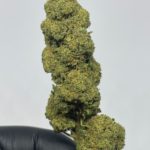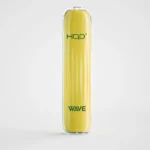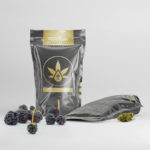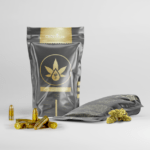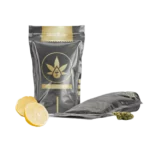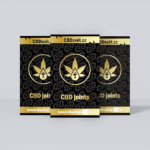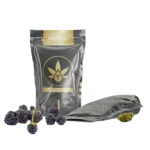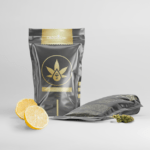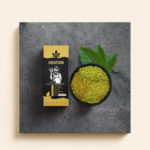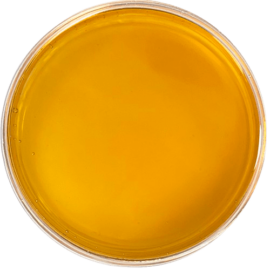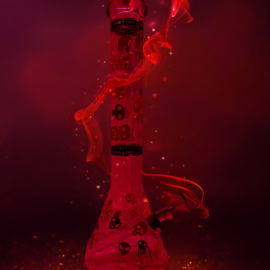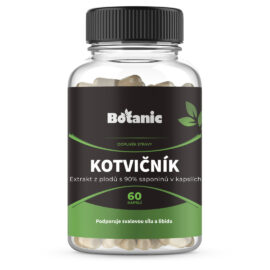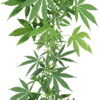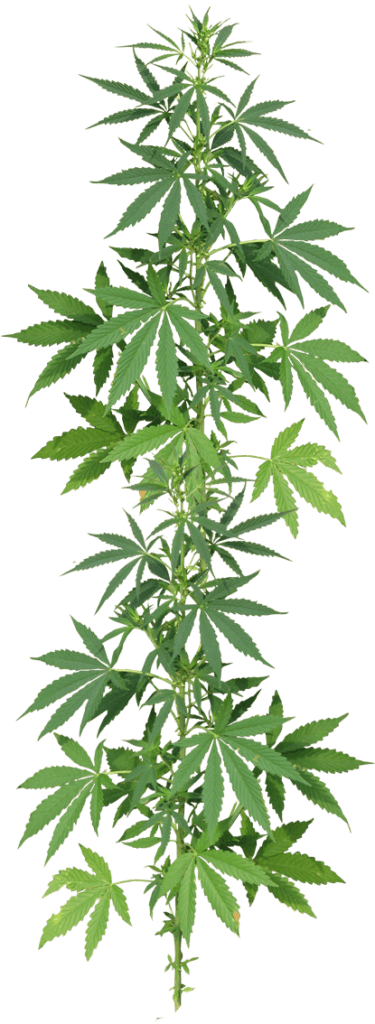
CBD (Cannabidiol) is an exciting focus of medical research, popular media, and legislation related to cannabis. Its presence has become ubiquitous on the shelves of health food stores and in search results for numerous health issues, but don’t believe everything you hear. While CBD is an incredibly safe and therapeutic component of cannabis, there are many myths and misconceptions surrounding it. Let’s take a look at a few. Let’s take a look at a few.
Myth №1: CBD is non-psychoactive and medical; THC is recreational.
Both lay and scientific literature classify CBD as “non-psychoactive,” meaning it does not alter one’s consciousness. But how could CBD not affect consciousness when human studies have shown its effects against anxiety, psychosis, cravings, alertness, and mood enhancement?
CBD clearly influences our psyche, often in beneficial ways. However, for most consumers, it does not impair mental or physical functions, even at very high doses. Therefore, CBD can be considered psychoactive but “non-impairing” or “non-intoxicating.”
Most users have already recognized and overcome the false dichotomy that CBD is the medical part of the plant and THC is for recreation. THC is undoubtedly medicinal—hundreds of clinical studies have demonstrated its remarkable and highly relevant medicinal properties.
If THC is both medicinal and recreational, can the same be said for CBD? Probably not. While CBD has obvious therapeutic benefits, very few people would want to use it for recreation. CBD does not induce a “rewarding” or highly pleasurable effect. Its use in animal and human studies is not associated with euphoria, cravings, compulsive use, or any other indication that it has recreational use or responsibility for drug abuse.
However, this raises the question: where does recreation end and therapeutic use begin? If a group of friends shares a joint or vape pen with a dominant CBD strain, they are unlikely to start giggling and telling long stories interspersed with periods of contemplation about what they’re talking about. But they are more likely to feel relaxed, focused, and resilient to stress. One doesn’t need to have a serious medical condition to benefit from using CBD and enjoy its social sharing.
Myth №2: CBD is sedative.
While some early studies attributed sedative effects to CBD-dominant cannabis preparations, CBD itself is not sedative; in fact, it is quite the opposite. CBD has been shown to counteract the sedative effects of THC, delaying sleep onset and reducing the “hangover” associated with THC. Even very high doses of pure CBD, such as 600 mg in a single dose, did not produce sedative effects in healthy individuals. Why the confusion? It’s possible that hemp strains high in CBD often also contain significant amounts of myrcene, a potentially sedative terpene.
Occasionally, I see patients who report that CBD can disrupt their sleep. More often, patients tell me that they feel alert thanks to CBD, but when they lie down and close their eyes, they have no trouble sleeping.
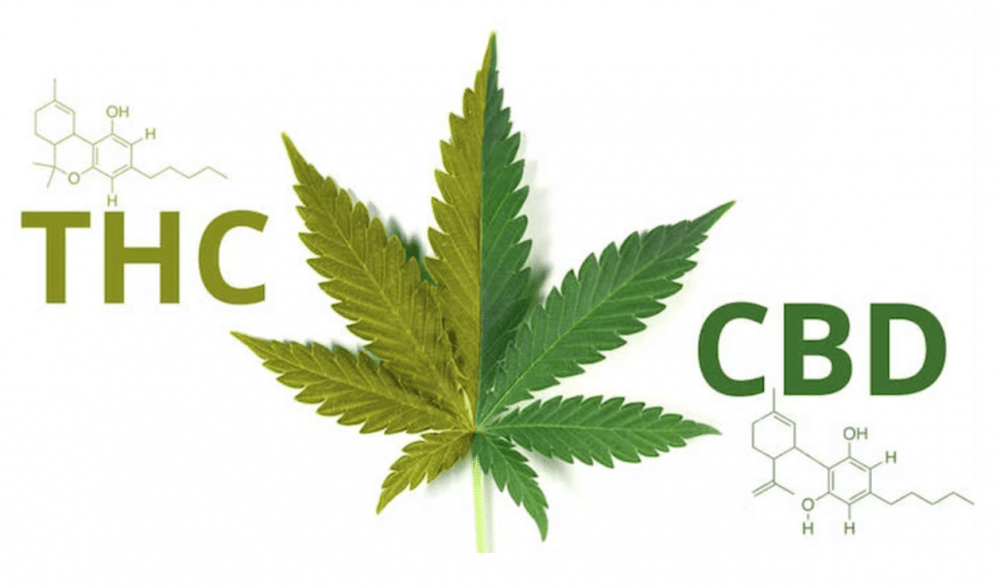
Products that may be of interest to you
Myth №3: Just a little CBD is enough.
Why? Milligram for milligram, CBD is much less potent than THC in alleviating symptoms. For example, a patient who experiences pain or anxiety relief from 3 to 5 mg of THC may require 30 to 200 mg of CBD to achieve similar results, if they can be achieved at all. And even though the symptoms that can be treated by either THC or CBD significantly overlap, the way these symptoms are alleviated and individual responses to these two substances vary significantly.
Studies using pharmaceutical-grade CBD to treat anxiety, schizophrenia, and seizures have used hundreds of milligrams per dose. This would be simply unattainable for most consumers. However, could lower doses of CBD bring some benefits? The answer is likely yes. Some patients report feeling more awake, focused, and clear-headed after consuming as little as 2 to 20 mg of CBD orally or through a few inhalations of CBD-dominant cannabis.
Myth №4: CBD is the same from hemp, medical cannabis, or isolate.
The CBD molecule is the same regardless of its origin from hemp, medical cannabis, or a laboratory. But do different CBD products on the market have the same effects regardless of their origin? Probably not.
While CBD is a remarkable medicine, it clearly works best in the context of its phytochemical brothers and sisters from the plant, particularly THC. When used together, CBD can enhance the therapeutic effects of THC while reducing undesirable effects. Even very low levels of THC and other components of the hemp plant appear to enhance the benefits of CBD for pain and inflammation, at least in one rodent study.
Although the distinction between medical cannabis and hemp strains is becoming increasingly blurred, it is still likely that hemp is a less potent source of CBD—extracting CBD may require much higher amounts of hemp source material compared to medical cannabis strains, which can increase the risk of contaminants in the final product. Additionally, the hemp-based CBD industry is rampant with mislabeling. A recent study found that only 31% of 84 CBD products purchased online were accurately labeled for CBD content.
So, what is the best source of CBD? Whenever possible, I recommend locally grown, artisanally crafted, lab-tested products obtained through a legal medical cannabis program. I realize this may not be feasible for all readers. If you are purchasing online, it can be challenging to know which vendors to trust, and unfortunately, there is no good solution unless you have access to third-party laboratory testing for cannabinoid potency and contaminants. I recommend that hemp-based CBD consumers ask for detailed quality control information—some companies provide copies of laboratory analysis, such as our company, which correlates with a specific batch.
You can find our certificates here.
Myth №5: Cannabidiol works by activating cannabinoid receptors.
We all have an endocannabinoid system as an essential part of life. It helps us respond to illness and injury, restores balance at the cellular level, and operates in all of our organs and tissues to keep us healthy. This system is a natural target for therapeutic interventions, including herbs, drugs, and lifestyle modifications, for nearly every known human disease. The remarkable effectiveness of medical cannabis in treating neurological, inflammatory, gastrointestinal, psychiatric, infectious, and metabolic conditions is justified by the widespread presence and healing effects of the endocannabinoid system.
The therapeutic effects of CBD are in many ways similar to those of its close relative, THC. Both alleviate pain, spasticity, nausea, anxiety, and seizures, and both reduce inflammation. We know that THC works like our body’s endocannabinoids; both activate cannabinoid receptors and lead to cellular activities that restore physiological balance.
One might assume that CBD works in a similar way, but in reality, that is a misconception. CBD does not directly stimulate CB1 or CB2 receptors. Instead, when CBD interacts with these receptors, it actually reduces their activity, resulting in a mild to moderate dampening of THC and endocannabinoid signaling at the CB1 receptor.
Despite its ability to directly decrease cannabinoid signaling, CBD also has the capacity to indirectly enhance cannabinoid signaling. It achieves this by inhibiting the breakdown and transport of our most abundant endocannabinoid, anandamide. One clinical study showed a significant increase in anandamide levels in patients with schizophrenia who were treated with 800 mg of CBD daily for 28 days.
Understanding these two contrasting properties of CBD can be challenging, but welcome to the world of cannabinoids, a field full of contradictions and paradoxes. If you are taking CBD, will it inhibit or stimulate your endocannabinoid system? The answer is likely both and probably depends on your needs and the amount of CBD you are taking.

Information drawn: https://www.leafly.com/news/cannabis-101/separating-cbd-facts-from-myths
